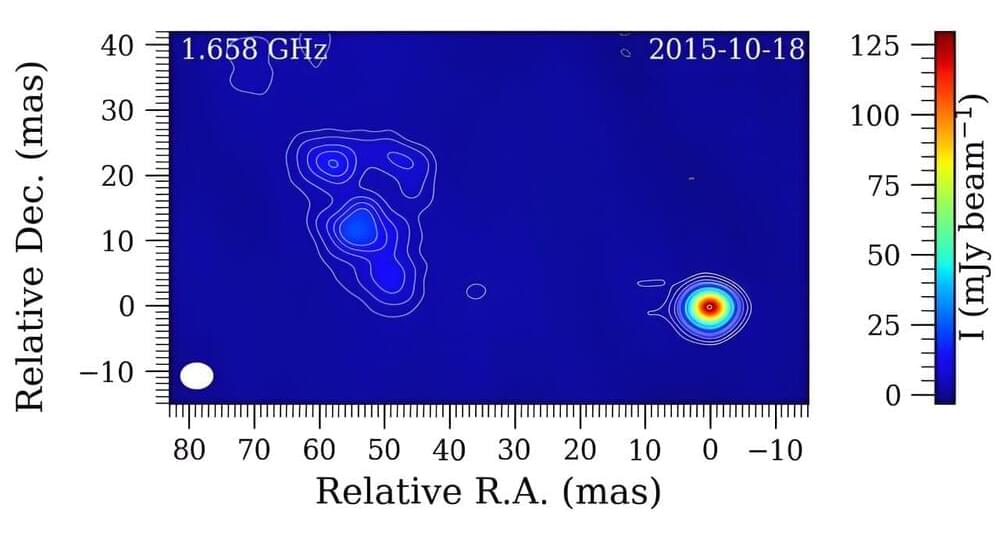Mar 9, 2024
Mysterious Entity Paying Reddit $60 Million to Train AI With Users’ Posts
Posted by Kelvin Dafiaghor in categories: business, internet, robotics/AI
Underlying the storm of hype and funding in the AI sector right now is a scarce resource: data, created by old-fashioned humans, that’s needed to train the huge models like ChatGPT and DALL-E that generate text and imagery.
That demand is causing all sorts of drama, from lawsuits by authors and news organizations that say their work was used by AI companies without their permission to the looming question of what happens when the internet fills up with AI-generated content and AI creators are forced to use that to train future AI.
And, of course, it’s also fueling new business deals as AI developers rush to lock down repositories of human-generated work that they can use to train their AI systems. Look no further than this wild scoop from Bloomberg: that an undisclosed AI outfit has struck a deal to pay Reddit $60 million per year for access to its huge database of users’ posts — perhaps the surest sign yet that user data is the key commodity in the AI gold rush.


















